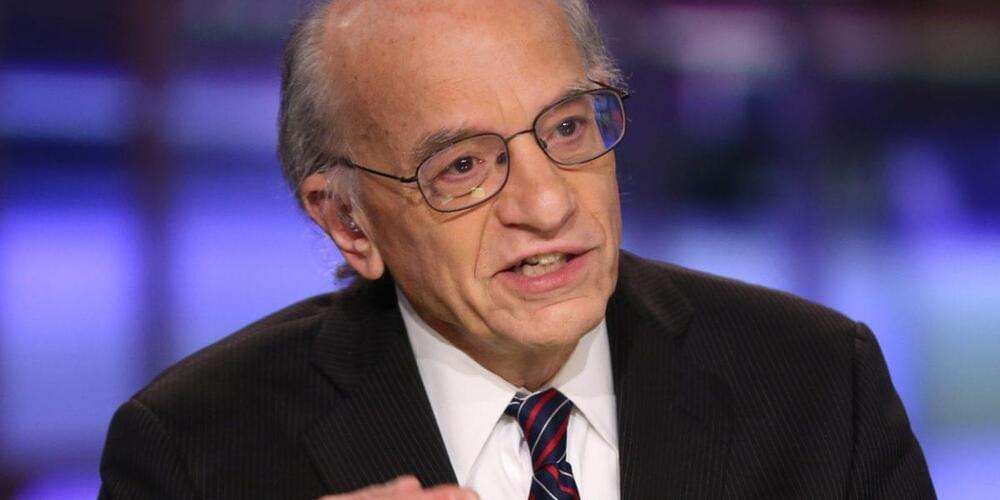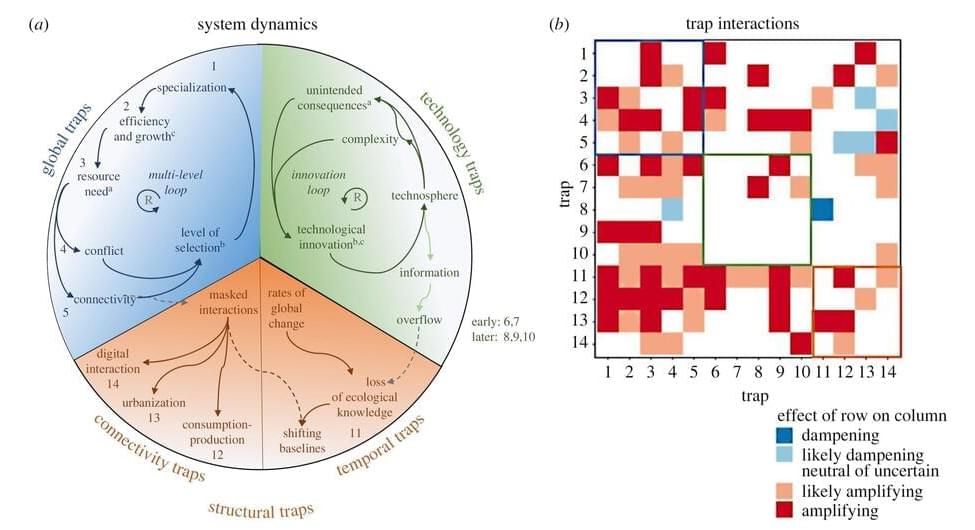NASHVILLE, Tenn. (AP) — A ransomware attack has prompted a healthcare chain that operates 30 hospitals in six states to divert patients from at least some of its emergency rooms to other hospitals, while putting certain elective procedures on pause, the company announced.
In a statement Monday, Ardent Health Services said the attack occurred Nov. 23 and the company took its network offline, suspending user access to its information technology applications, including the software used to document patient care.
The Nashville, Tennessee-based company said it cannot yet confirm the extent of any patient health or financial information that has been compromised. Ardent says it reported the issue to law enforcement and retained third-party forensic and threat intelligence advisors, while working with cybersecurity specialists to restore IT functions as quickly as possible. There’s no timeline yet on when the problems will be resolved.








